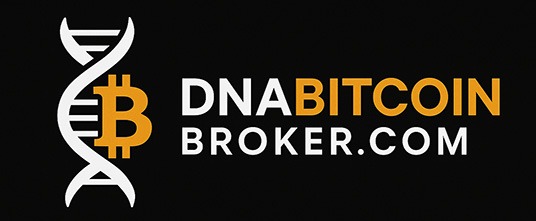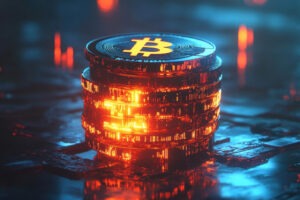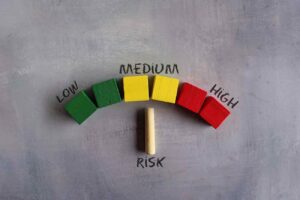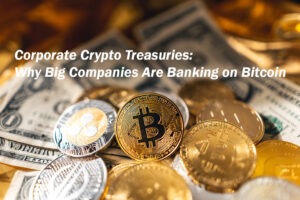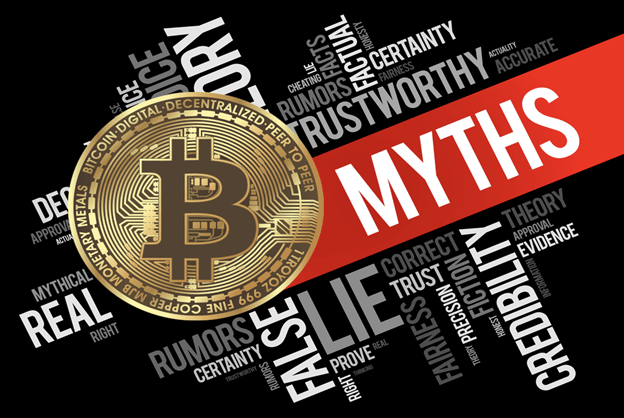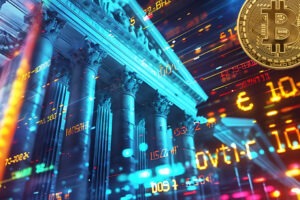NFTs have been on a wild ride. One minute, they’re the hottest thing in tech; the next, people call them dead. But here’s the truth: NFTs are here to stay; they’re just evolving.
The early days were about hype—million-dollar profile pictures, digital art auctions and quick-flip speculation. But that was never the whole story. The real potential of NFTs lies beyond collectables. Over the next few years, we won’t be able to avoid them. They will become a seamless part of the gaming, real estate, digital identity and ticketing industries.
From Collectibles to Utility
When people think of NFTs, they often picture expensive digital art and cartoon avatars. However, the real future of NFTs is about function, not just showing off.
Take event ticketing, for example. Buying a concert or sports ticket now comes with risks—scalpers, counterfeits, and hidden fees. NFTs can solve this by turning tickets into verifiable digital assets. There will be no fakes or instant transfers; artists or teams can earn royalties on resales. Some companies are already rolling this out, and it won’t be long before it becomes the industry standard.
NFTs are also making their way into fashion. Brands like Gucci and Rolex are testing NFT-based certificates of authenticity, letting buyers prove their items are authentic. The same concept applies to real estate—NFTs can replace traditional property deeds, making transactions faster, cheaper and more secure.
Gaming and NFTs: An Ideal Combination
Players have invested years in purchasing in-game items—skins, weapons, characters—but do not genuinely own them. That is where NFTs come in handy; these digital assets will be traded, sold and utilised across various games.
The idea of a true metaverse, where players can carry items between games and platforms, is still in development. Major gaming companies are experimenting with Blockchain integration, and while early attempts faced backlash, the concept is too powerful to ignore. When done right, NFT-powered games can create real digital economies, giving players actual ownership over their virtual assets.
Digital Identity and NFTs
As the internet becomes more decentralized, NFTs become a key digital identity tool. Instead of using passwords or email logins, people could use NFT-based credentials to prove ownership, memberships, or even qualifications.
This has massive implications beyond social media. Job applications, academic certifications, and online reputation management could all be streamlined through NFT-based verification systems. Digital fashion and personal branding are already taking off in the virtual setting. This is especially true when people buy NFT-based clothing, accessories, and real estate to express themselves online.
Regulation and the Future of NFT Security
One of the significant hurdles for NFTs is regulation. The landscape remains chaotic—specific projects are legitimate, others are fraudulent, and authorities struggle to keep pace. Nonetheless, regulation isn’t intrinsically negative.
Rigorous regulations will establish NFTs as a unique asset category, protect buyers, and ensure a safer environment for broader adoption. Stricter anti-money-laundering (AML) and know-your-customer (KYC) rules are expected, particularly for large transactions. Clarity is essential, and NFT platforms must improve their strategies for fighting fraud.
The Future of NFTs: More Than a Trend
The 2021 NFT hype has passed, but the technology is here to stay. The transition from speculation to practical use is already underway, and in the coming years, NFTs will become a common aspect of daily life. Ticketing, real estate, gaming, and digital identity are not trials. These are the essential components of how NFTs will be utilised.
Image Source: Adobe Stock
Disclaimer: This article is purely for informational purposes. It is not offered or intended to be used for legal, tax, investment or financial advice.
